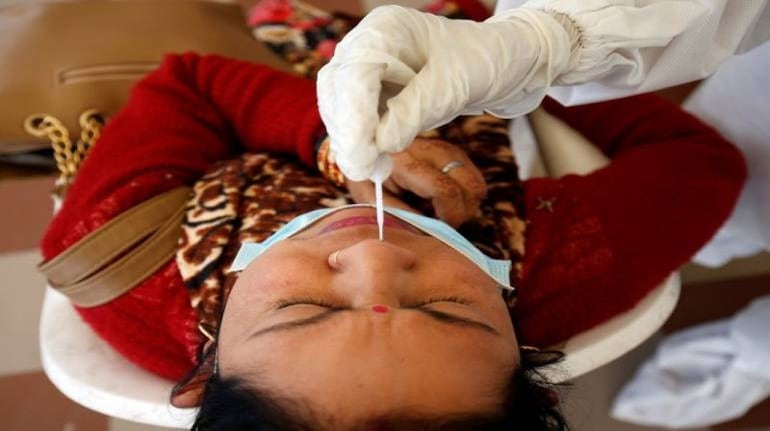



Delhi is expected to add 17,000 cases to its coronavirus infection tally with a positivity rate of around 17 per cent on Friday, Health Minister Satyendar Jain said.
He said Delhi is the first to witness a surge in infections because most of the international flights come to the capital.
Also Read: Delhi weekend curfew from tonight: what's allowed, what's not"That is the reason we have implemented stricter measures to contain the spread of COVID-19 as compared to other states. Some people may say that this is not needed but it is better than repenting later,” Jain told reporters.
On the World Health Organisation terming the Omicron variant of coronavirus "mild", the minister said only experts will be able to tell if it is mild or not.
"I can give you the data I have. Delhi has around 31,498 active cases and only 1,091 hospital beds are occupied. When we had an equal number of cases last time, around 7,000 beds were occupied," Jain said.
Discover the latest Business News, Sensex, and Nifty updates. Obtain Personal Finance insights, tax queries, and expert opinions on Moneycontrol or download the Moneycontrol App to stay updated!
Find the best of Al News in one place, specially curated for you every weekend.
Stay on top of the latest tech trends and biggest startup news.